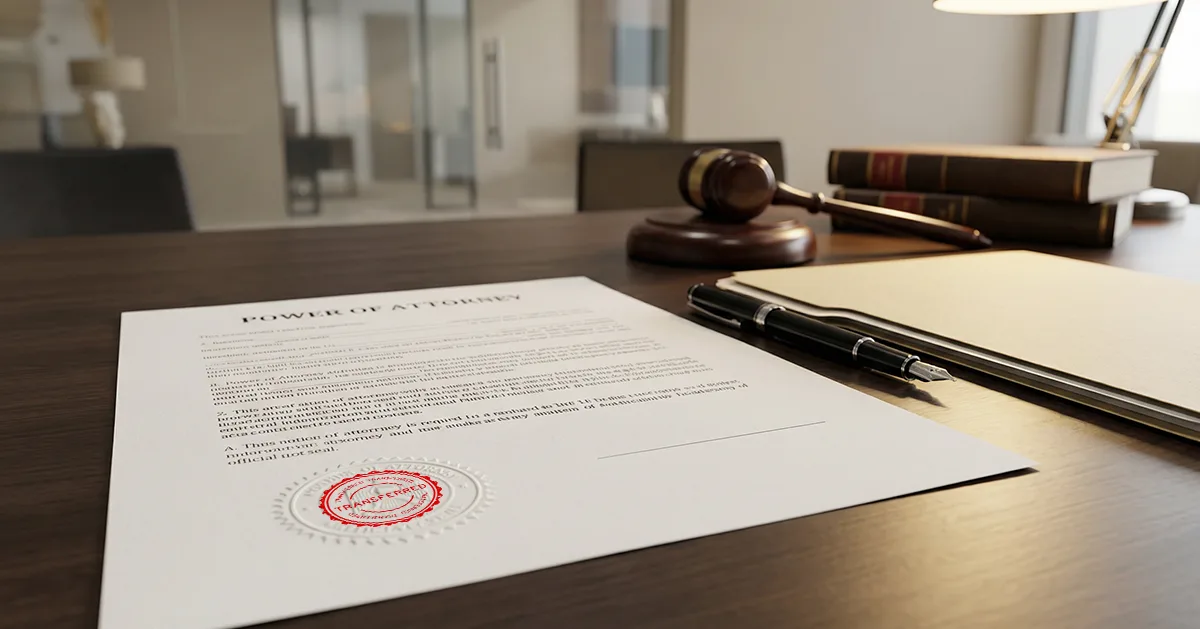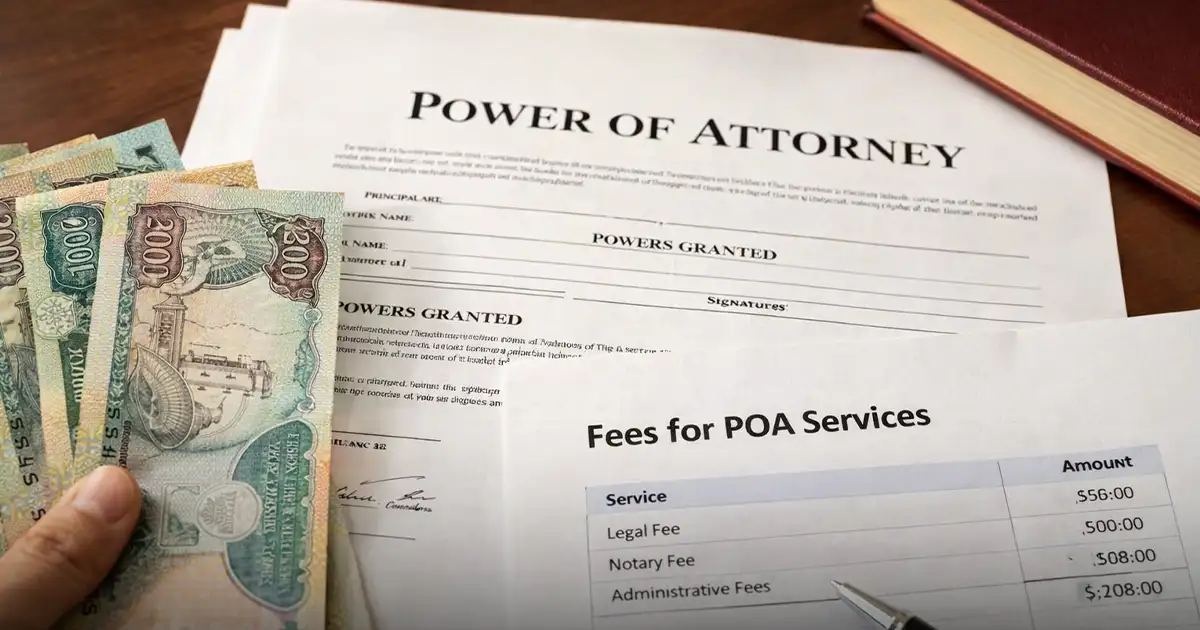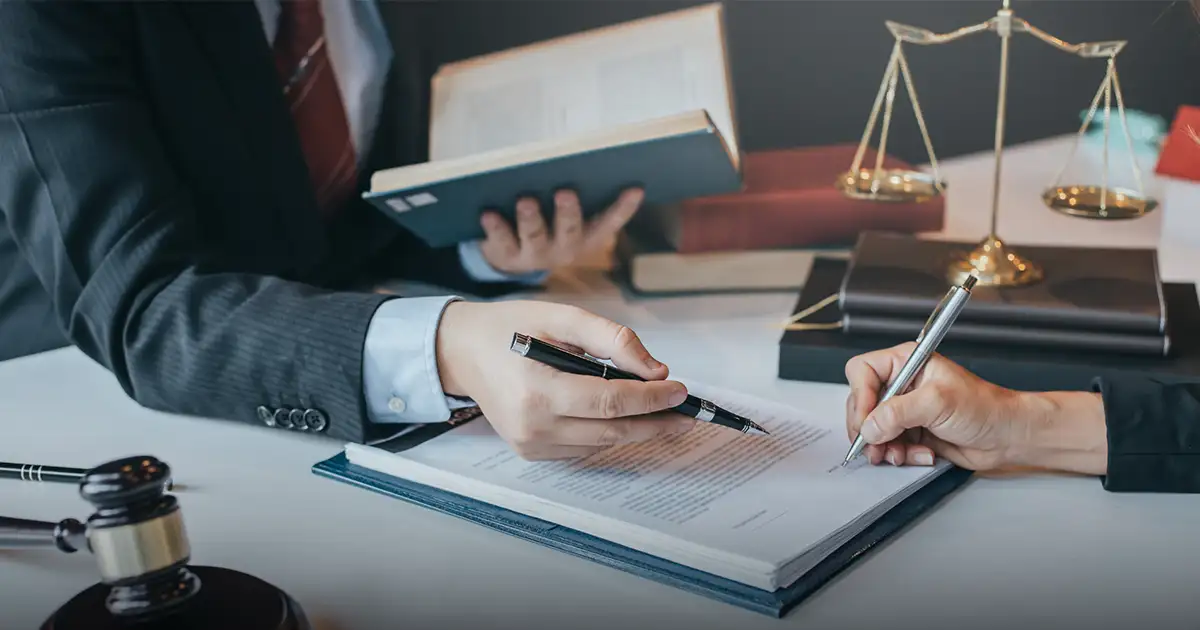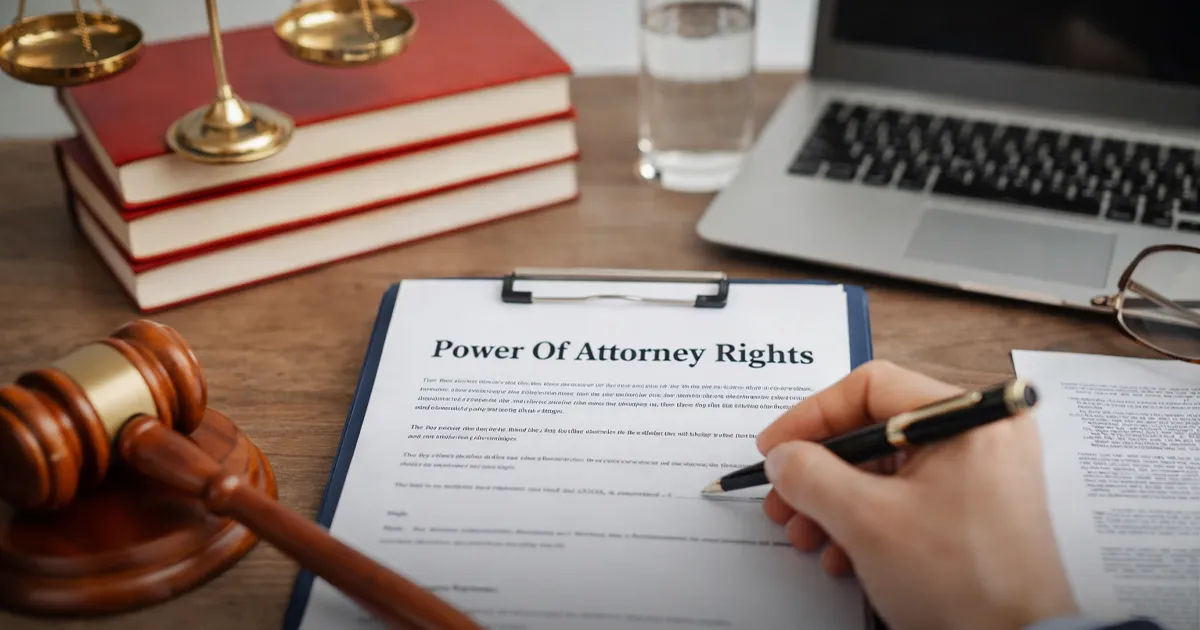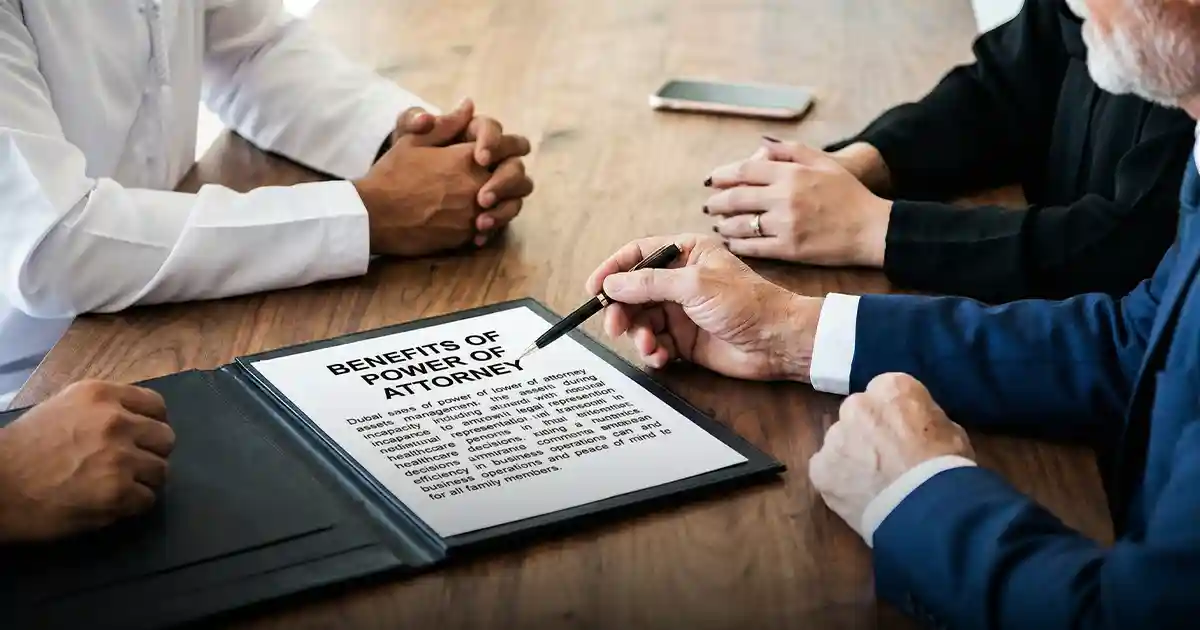A Power of Attorney in the UAE empowers one person to make decisions and act on behalf of another. It plays a vital role in business, property, and personal matters. Knowing its types and legal requirements helps you use it effectively and avoid compliance issues.
Importance of POA in the UAE
In a country where most residents are expatriates and global mobility is high, the role of POA becomes even more significant. It serves as a practical solution for different groups with unique needs:
- For Expats: As per the World Bank, nearly 89% of the UAE’s population is expatriates. Many use POA to manage property, banking, or legal issues while living abroad or traveling frequently.
- For Digital Nomads: In 2025, the UAE secured second spot globally as a preferred destination for digital nomads, as per the Visa Guide Digital Nomad Visa Index. POA allows nomads to keep moving across borders while a trusted person in the UAE handles local obligations such as contracts, visas, or utilities.
- For Investors Abroad: International investors use POA to authorize property purchases, rental agreements, and business operations without needing to be in the country.
- For Families: Families rely on POA to manage healthcare, guardianship, and property matters when members are away or unable to act personally.
Get more information: What is Power of Attorney?
Types of Power of Attorney
In the UAE, you can choose from three main types of POA depending on the scope, purpose, and duration, including General Power of Attorney, which grants broad authority to act on behalf of the principal and is commonly used for managing business operations, banking, and signing routine documents.
Another option is a Special Power of Attorney, which grants limited authority for specific tasks such as buying/selling property, completing a transaction, or signing contracts.
The Healthcare Power of Attorney remains effective even if the principal becomes incapacitated, allowing the agent to manage medical and financial affairs when the principal cannot act personally.
| Feature | General Power of Attorney | Special Power of Attorney | Healthcare Power of Attorney |
|---|
| Scope of Authority |
Grants broad powers to act on behalf of the principal |
Grants limited powers for specific tasks |
Remains effective even if the principal becomes incapacitated |
| Duration |
Valid until revoked or for a fixed period |
Valid only for the specified purpose or time |
Long-term; remains valid until revoked |
| Typical Use Cases |
Managing business operations, banking, and signing routine documents |
Buying/selling property, completing specific transactions, signing contracts |
Managing financial or medical affairs when the principal cannot act personally |
| Revocation |
Can be revoked anytime by the principal |
Can be revoked after completing the specific task |
Can be revoked anytime, but remains effective during incapacity |
| Flexibility |
High; covers multiple areas |
Low; limited to defined tasks |
Medium; covers broad powers, remains valid in incapacity situations |
| Legal Formalities |
Notarization mandatory; must comply with UAE laws |
Must clearly define tasks; notarization required |
Often requires notarization and compliance with local regulations |
